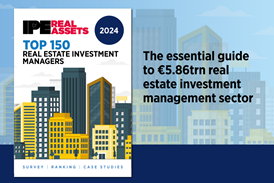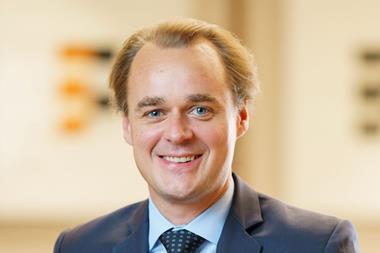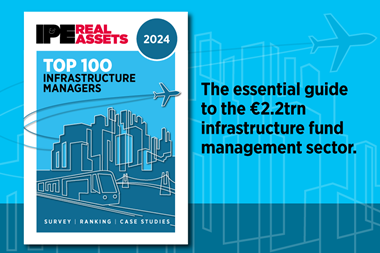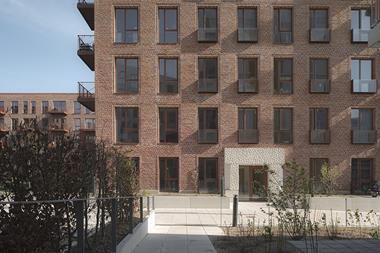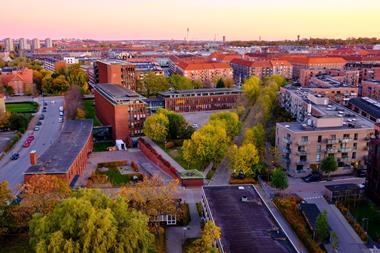Blackstone’s US$55bn (€52.8bn) infrastructure business was the “largest single contributor” to the private equity firm’s fourth quarter results, according to president Jon Gray.
Speaking during a quarterly earnings call, Gray said assets under management of Blackstone Infrastructure Partners (BIP) had risen 34% over 12 months, establishing “one of the world’s largest infrastructure businesses” in a “relatively short period of time”.
BIP was launched in 2017 with backing from the Public Investment Fund of Saudi Arabia and last year it was ranked the 11th largest infrastructure fund manager by 91��ý����.
Blackstone runs the world’s largest real estate investment manager, and Gray said: “We envision a growth path for our infrastructure business that parallels that of our real estate business, including geographic expansion, new client channels, moving across the capital structure and risk-return spectrum.”
According to the fourth earnings report, BIP secured US$2.8bn in commitments in the last three months of 2024, including for its flagship open-ended fund and Blackstone Infrastructure Strategies, a recently launched vehicle aimed at high net-worth individuals.
During the fourth quarter, Blackstone also raised $1bn for Blackstone Real Estate Partners Europe VII, taking the total capital raised to €9.5bn, just shy of its €10bn target.
An additional US$1.9bn was raised for Blackstone Real Estate Debt Strategies V and $403m for Blackstone Americas Logistics within its Blackstone Property Partners core-plus open-ended fund.
Gray said the infrastructure and real estate businesses worked together during the take-private acquisition of QTS data centre business in 2021, and today Blackstone owns US$80bn of data centres.
Asked about the implications of the recent launch of China’s DeepSeek AI model, which has the potential to reduce the need for digital infrastructure, Gray emphasised that Blackstone did not build data centres speculatively and that all of its facilities were on long-term leases with “some of the biggest companies in the world”.
He said the crucial question was what will happen to demand for data centres going forward, adding “the cost of compute is coming down pretty dramatically, but at the same time that’s going to lead to more usage to more adoption”.
Gray said: “We have a sense in talking to our clients also that there’s a belief as usage goes up significantly, there’s still a vital need for data centers.”
To read the latest 91��ý���� magazine click here.





